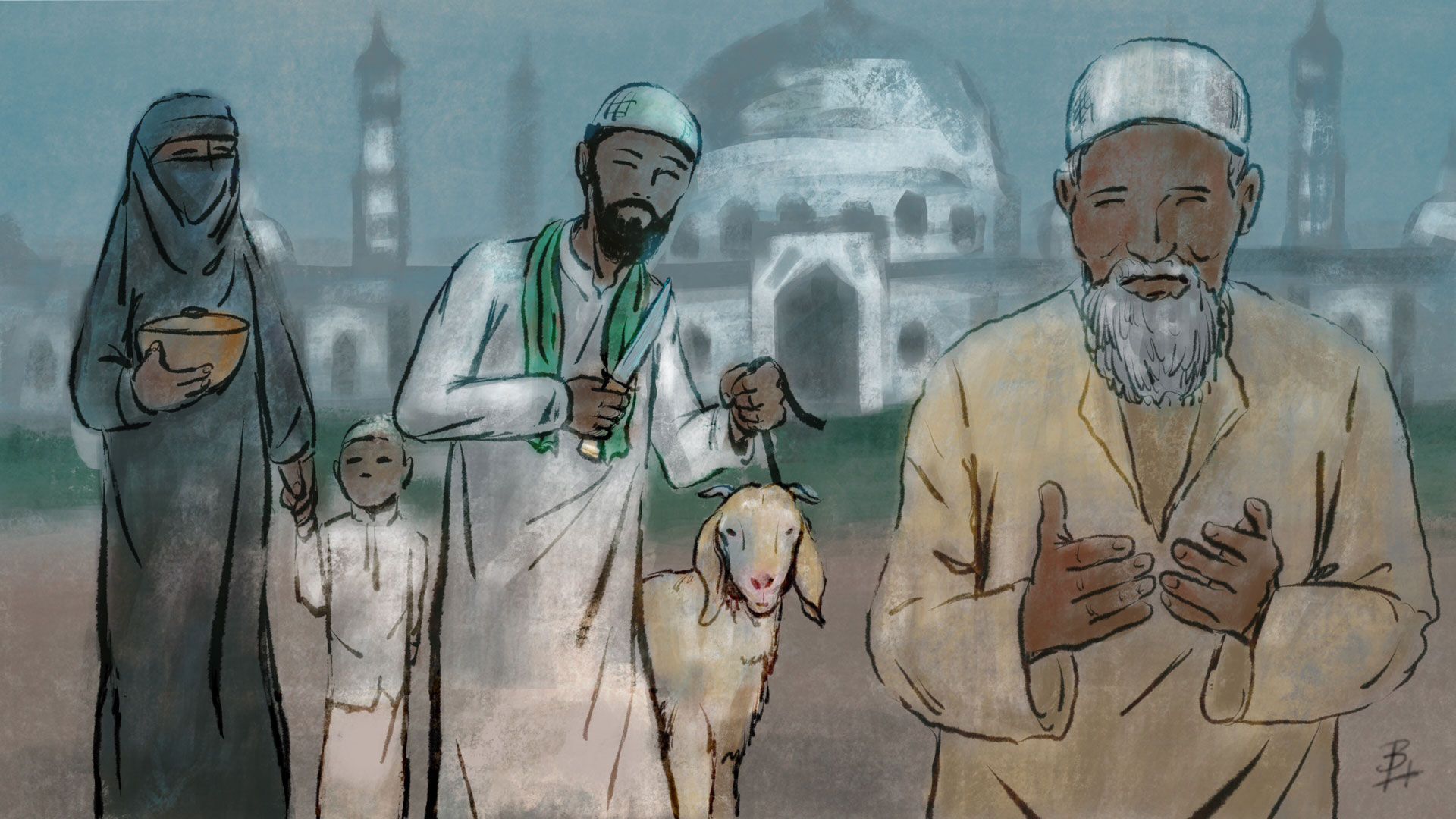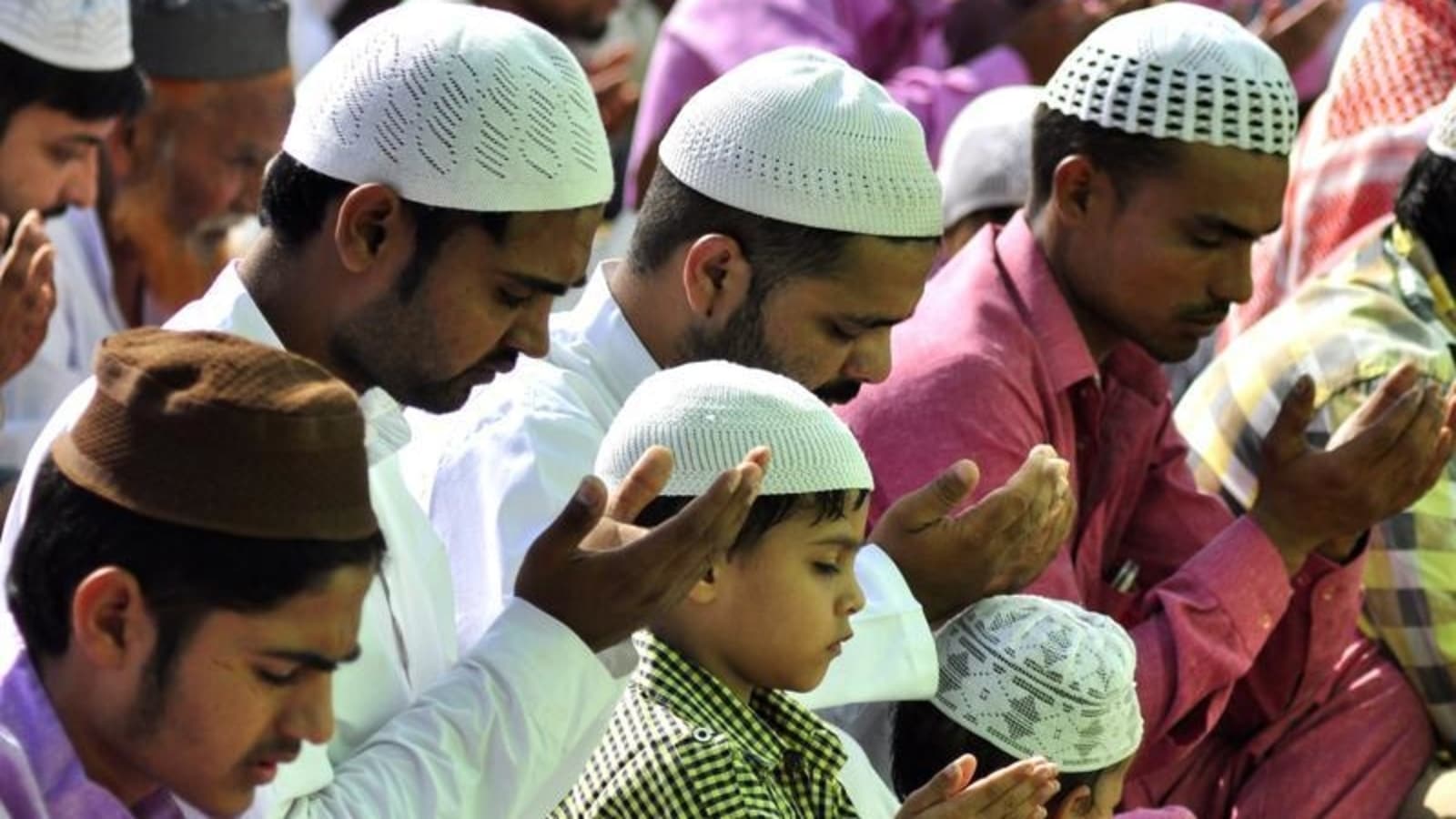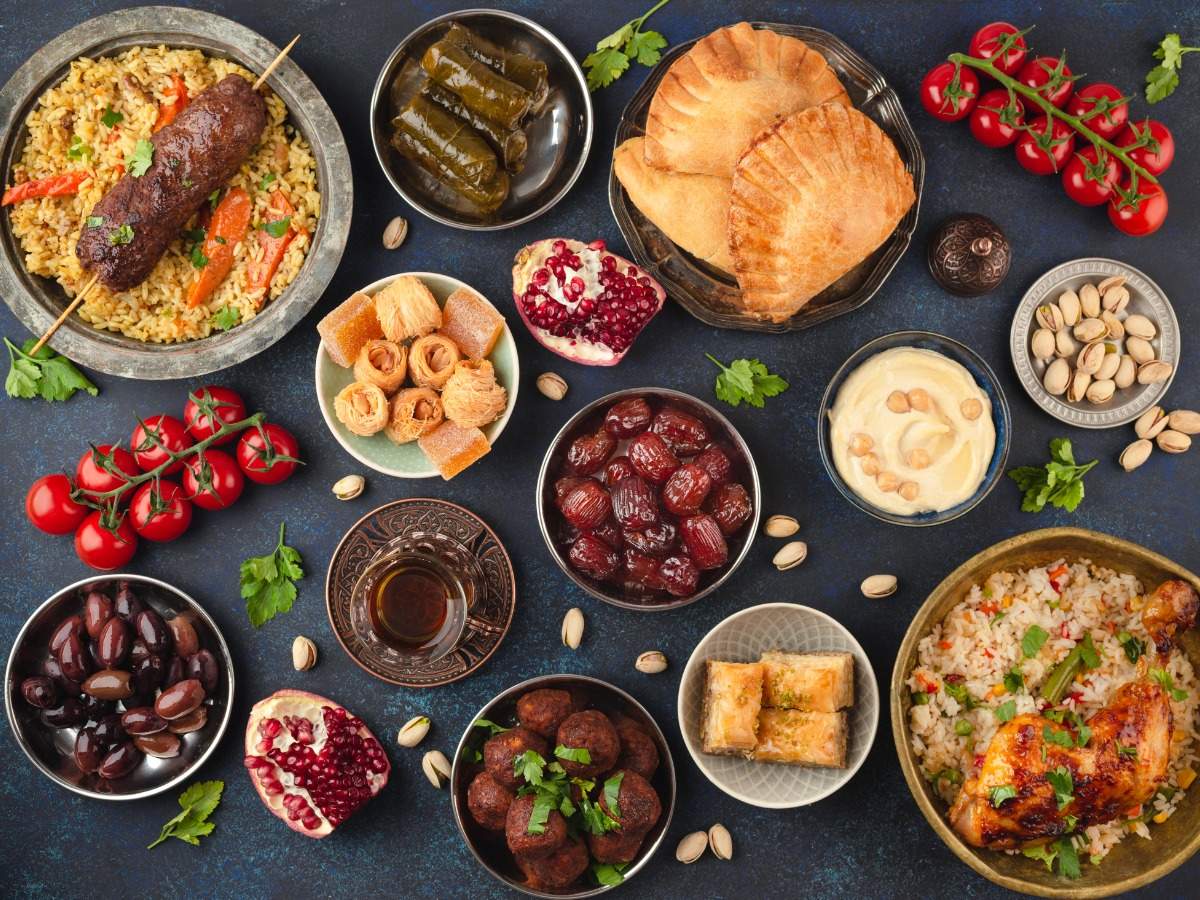Eid al-Adha, also known as the 'Festival of Sacrifice,' is a profound occasion in the Islamic calendar. This significant celebration holds rich historical roots, emphasizes essential values of faith, and involves delightful culinary traditions. It is a distinct event compared to its counterpart, Eid al-Fitr.
Eid al-Adha: Embracing Sacrifice, Sharing, and Spirituality
India • 28 Jun, 2023 • 4,288 Views • ⭐ 5.0
Written by Shivani Chourasia

When is it Celebrated?

Eid al-Adha is celebrated on the tenth day of the final month (Dhul Hijjah) in the Islamic lunar calendar, which falls approximately 70 days after the end of Ramadan. However, the actual date varies each year and from country to country, depending on local sightings of the moon.
The History Behind Eid al-Adha

The origins of Eid al-Adha trace back to the Prophet Ibrahim's (Abraham's) life. The Quran narrates a dream in which Ibrahim was commanded by Allah to sacrifice his beloved son, Ismail (Ishmael). Ibrahim and Ismail willingly submitted to Allah's will. However, as Ibrahim was about to perform the sacrifice, Allah replaced Ismail with a ram, signifying that the intention, not the act, was what mattered.
What is Typically Eaten on Eid al-Adha

Food is a quintessential part of any celebration, and Eid al-Adha is no different. After the morning Eid prayer, Muslims worldwide carry out Qurbani, the ritual sacrifice of a livestock animal, often a sheep, goat, or cow, depending on the region. The meat from this sacrifice is then distributed in three equal parts: one for the family, one for relatives and friends, and one for the needy.
Culinary traditions vary globally, but a few common dishes enjoyed during Eid al-Adha are lamb or mutton curry, Biryani (a spiced rice dish), Kebabs, and an array of desserts like Baklava, Seviyan (vermicelli pudding), and Maamoul (date-filled cookies).